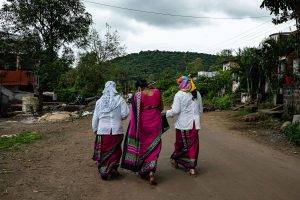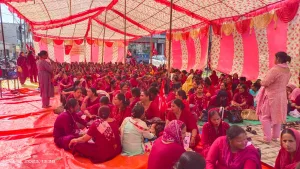Their Roles Ambiguous, ASHA Workers Fight For The Right To Contest Elections
There is state pressure to dissuade frontline health workers from fighting for political office even though they are still hired as ‘honorary volunteers’
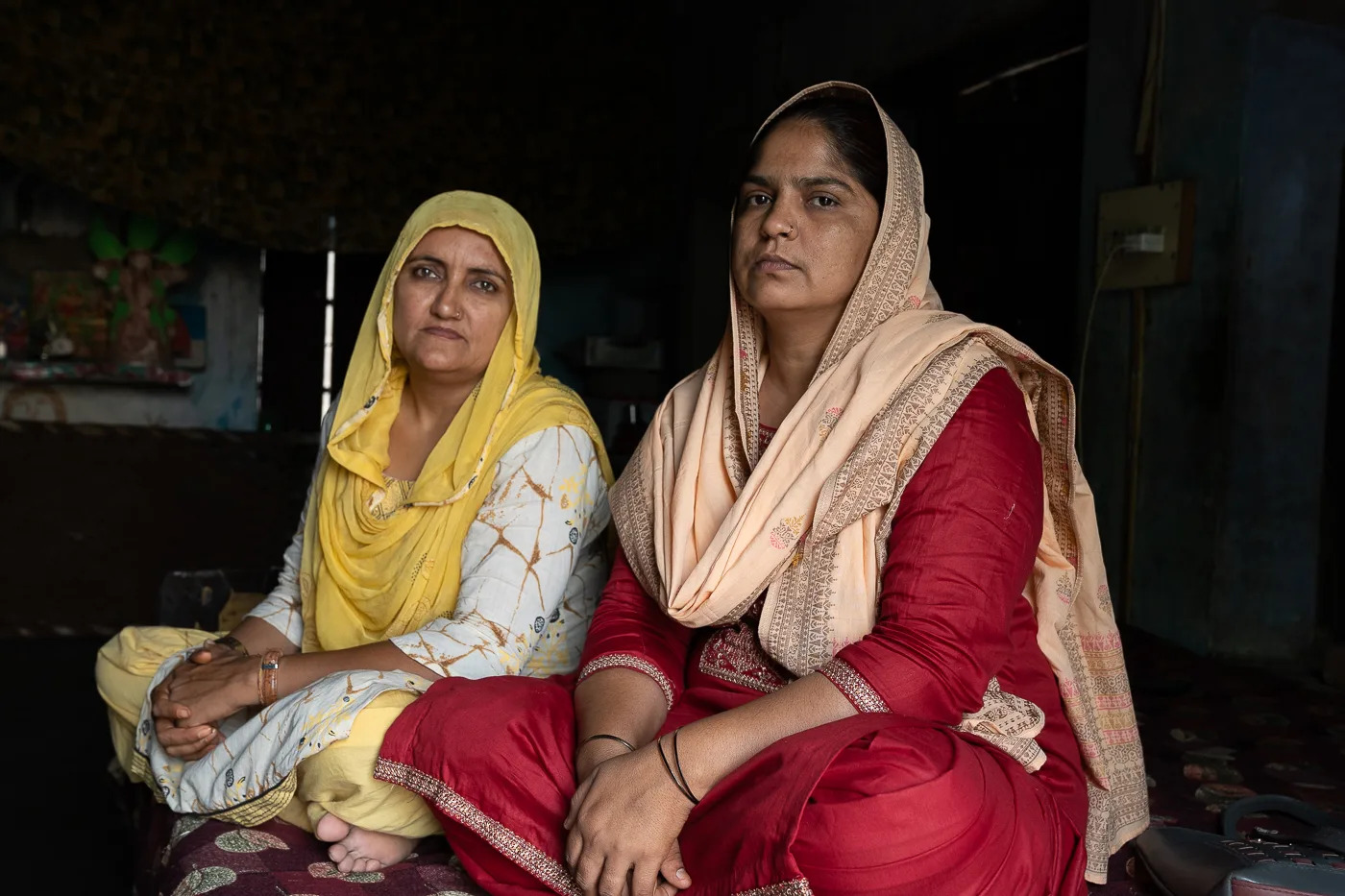
Anita, 49, has a clear goal – she wants to start the first mahila choupal in her village, Kakroi, in Haryana’s Sonipat district. Choupals or village meetings are dominated by men, said Anita, and women are not allowed to even sit in, leave aside air their views.
“I want to create a space for women to come together and be able to openly discuss their issues,” said Anita, who prefers to go by her first name.
Anita has always been ambitious; she was among the 2-3 girls from the Dalit settlement in her village to make it to school. But her ambition to study and secure a job ran into familial opposition. She was married off as soon as she finished Class 10. “I tried to find a job after I got married too but I got no opportunity. After waiting for over two decades, I finally got selected as an ASHA worker in 2012,” she recalled. (ASHAs or Accredited Social Health Activists, India’s women-led cadre of community health workers, were first brought in to act as the link between public healthcare system and the community in 2005.)
Anita said she never wanted to contest in the elections but the people of her village saw how hard she worked for her community and pushed her to take on a political role. “They have faith that I will do good for the community,” she said.
In November 2022, Anita was elected the block samiti member but winning the election almost cost her her job as an ASHA worker. Around a month before the elections, a November 2020 letter from the director of National Health Mission, Haryana, resurfaced. The letter, detailing revision selection criteria for ASHA workers, said that “ASHA, who are Sarpanch/Panch…should be allowed only for one position, either ASHA or any other job.”
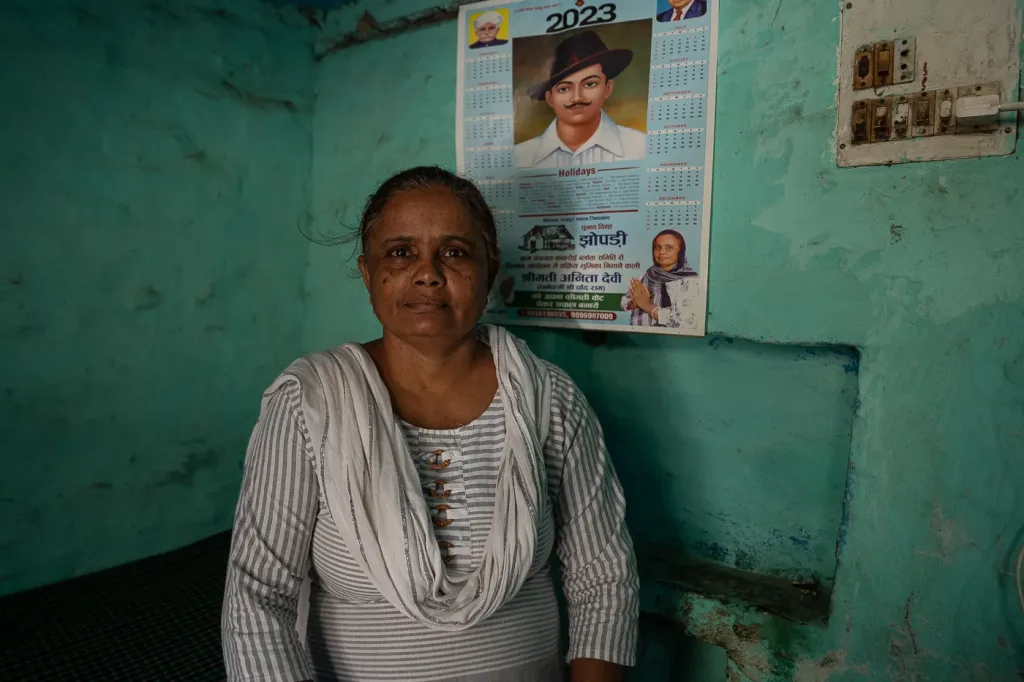
Based on this letter, ASHA workers were forced to withdraw their nomination forms before the elections. Those who had won the election were dismissed or forced to resign. Nearly 20% of the ASHA workers in the state had filled the nomination form, said Sunita Rani, general secretary of Haryana’s ASHA workers union. “But many withdrew after they faced pressure.”
Of those who did not succumb to the pressure, around 120 won in the local body elections and assumed posts as panch, sarpanch and block samiti members. Many of these workers faced immense pressure from medical officers, Auxiliary Nurse Midwives (ANM) and others in the health department, ASHA workers told Behanbox.
The problem here is the ambiguity around the employment of ASHA workers. ASHA workers are hired as “honorary volunteers” and have neither the status of government employees nor the benefits that go with the position. They are paid a basic, fixed honorarium with additional task-based incentives. When the programme was introduced, an ASHA worker was expected to work 8-12 hours a week and this work was meant to “not interfere with her normal livelihood”.
But over the decades, ASHA workers’ workload has increased multifold. While multiple state-level and national protests by ASHA workers’ unions have been able to wrest increased honorariums, the average amount earned by an ASHA worker continues to be below the stipulated minimum wages in states. For instance, including honorarium and incentives, ASHA workers in Maharashtra earn around Rs 8,500 and those in Haryana earn between Rs 9,000 and Rs 11,000, union leaders told Behanbox. The minimum wages for skilled workers in Maharashtra and Haryana are Rs 10,440 and Rs 12,342 respectively.
To add to these injustices, states like Maharashtra and Haryana are forcing ASHA workers to sign an undertaking stating that they will not take on any other job. This effectively turns them into full-time workers who are deprived of a government stipulated salary and employment benefits. Between March and June 2023, Behanbox interviewed over 25 ASHA workers and union leaders from Haryana and Maharashtra and found how these policies restricting ASHA workers infringe upon their political rights to contest elections.
ASHA workers also told us how this resistance to their right to contest elections is rooted in the patriarchal system of creating systemic barriers for women, especially those with agency.
This is the first in our two-part series exploring the ambiguity in the employment of ASHA workers, and how this ambiguity alienates them from their rights while impacting the implementation of healthcare policies.
Forced Resignations, Dismissals and Nomination Withdrawals
Anita Malik, 38, an ASHA worker from Jasrana – and a ward member as well – recalled the day she was asked to sign an undertaking to resign from her elected post. “It was right around the time when my husband died,” she said. “The senior medical officer (SMO) told me to urgently come to the community health centre. I tried calling the other ASHA workers in my village and my facilitator, but they were busy. So I asked a neighbour to accompany me.”
At the centre, the SMO asked Malik to sign an undertaking that she would resign from her post as a ward member. “I felt alone and scared then. I was not in a state to make a decision but the ASHA job provides me with some income and is more stable than the five-year term as a ward member. So I signed it,” she said.
But Malik did not resign from her post. “After I reached home, I spoke to my facilitator and union leaders and decided to fight,” said Malik. “I felt more reassured and that I was not alone. I did not even contest the elections, I was unanimously chosen by the villagers. I thought: why should I quit when I have so much support?” Over the next few days, Malik faced constant pressure to resign but she did not relent.
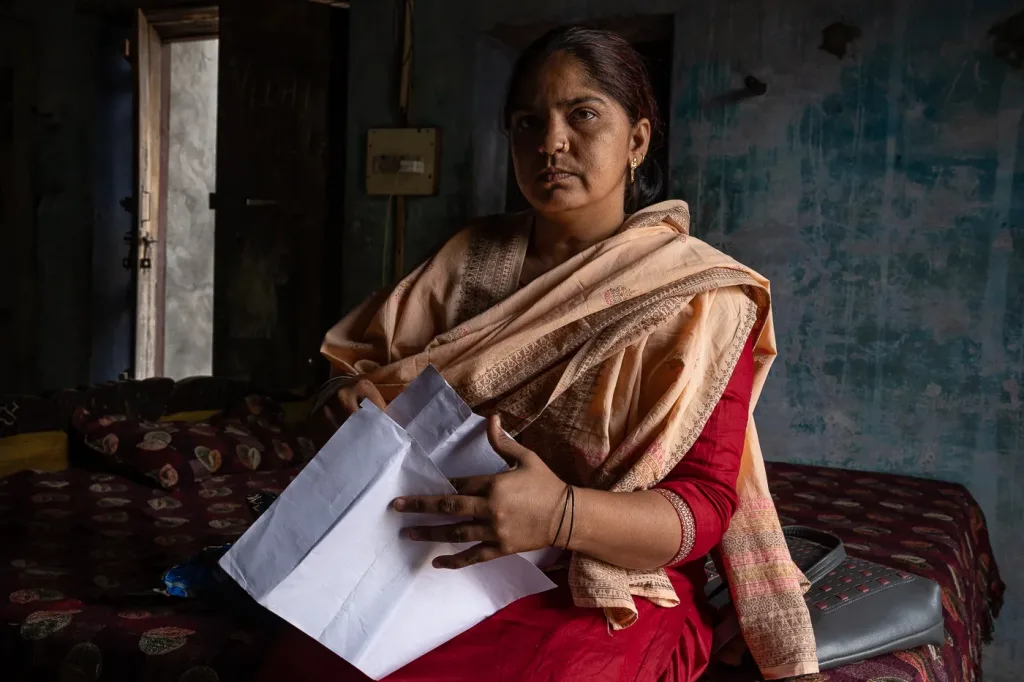
In a few days, she received a letter relieving her of her duties as an ASHA worker. “But I did not stop working,” said Malik. Like her, many ASHA workers who had won elections in the state stopped receiving honorariums and incentives, we found in interviews. To stop the harassment and to get their payments, the ASHA workers union called for a meeting of all elected ASHAs in Rohtak.
“I think there were 100-150 of us in that meeting,” said Geeta Devi, ASHA worker from Pai village who was unanimously elected as a ward member. “We pooled in money and decided to approach the high court. I paid Rs 3,500.”
In December 2022, a month after the elections, the Punjab and Haryana High Court passed an interim order stating that the petitioners were not holding any salaried office or office of profit and hence the government’s order is not legally sustainable.
Reinstated By Court
The Panchayati Raj system, introduced in 1993, comes under the purview of the state governments and is governed by various state Panchayati Raj Acts. Section 175 of Haryana’s Panchayati Raj Act 1994, states that a sarpanch, panch or any member of a local body government can be disqualified if they hold a salaried office or office of profit.
These provisions barring employees from contesting elections have been used against ASHA workers and Anganwadi workers. “Banning them from contesting elections is clearly inconsistent with their status as ‘volunteers’,” wrote Suchitra Krishnaprasad, a former associate professor and head of the economics department at the Elphinstone College, Dr. Homi Bhabha State University, Mumbai.
After the stay order, Anita Malik, Anita from Kakroi and other ASHA workers were reinstated and started receiving their payments. “But imagine if we had not gone to the court and if everyone had resigned in fear, no ASHA worker would have been able to be a panch or a sarpanch,” said Savita Malik, ASHA worker and facilitator from Bhainswala Kala in Haryana’s Sonipat district.
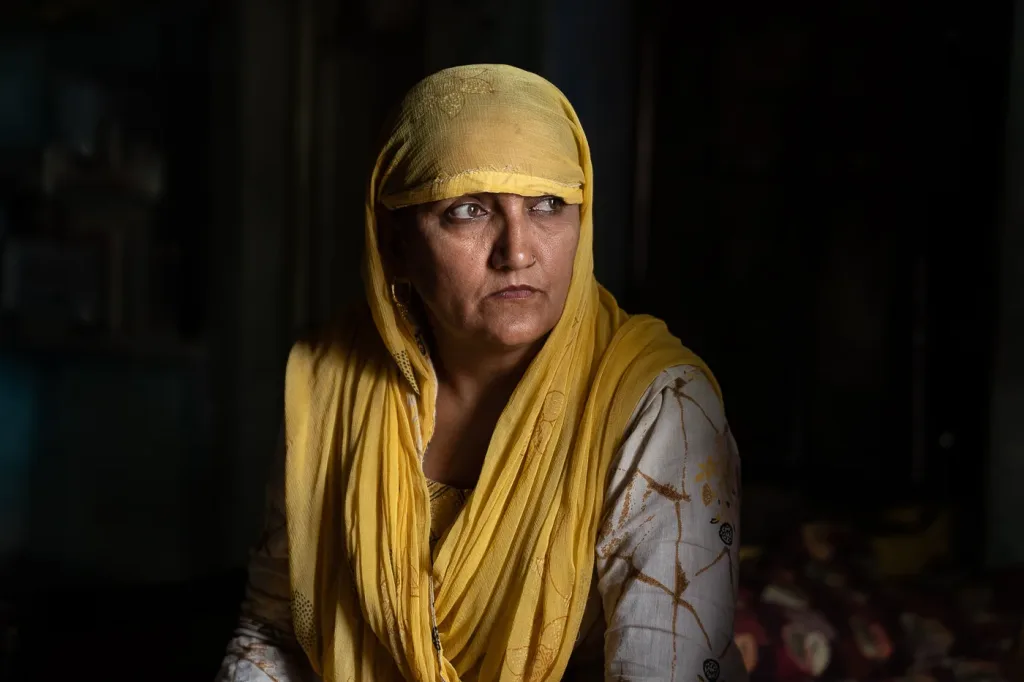
Anganwadi Workers too are facing the same problem, said Anita Malik, “They know that if we get into politics, we will become more aware and empowered. They will then have to listen to us and give us our rights,” she added.
Women’s Political Participation, Agency
In the first six months of her term as a block samiti member, Anita had attended three meetings. “There are three other women in the council but our ideas and thoughts are poles apart,” she said. “When I brought up the topic of a mahila choupal, they were the first to object. They asked me why we need one now when we never had it before.”
In 1992, the Indian government amended the Constitution paving the way for 33% reservation for women in Panchayati Raj Institutions. In 2006, Bihar became the first state to increase this reservation to 50%. Many states followed suit and by 2021, 22 states and union territories had passed acts to reserve half of the seats for women.
But this has not removed the many barriers women face in entering political spaces. News reports and research papers have documented the issue of proxy women politicians propped by male relatives. “The other women in the council are accompanied by their husbands or sons,” said Anita. “And what they say is just an extension of their male relatives’ thoughts.”
The ASHA workers told us that they actually exercise their agency.
“After listening to many ASHA workers, I noticed a pattern,” said Sunita Rani. “An ASHA is a social worker and because she is always on the field, interacts a lot with the community, people see her as a helpful person and motivate her to contest elections. This kind of encouragement made many ASHA workers realise that they are capable and could bring in change.”
This has irked the political establishment which is primarily patriarchal in nature, said Sunita Rani. “So many wrote letters to the health department to stop the ASHA workers from contesting elections,” she pointed out.
Full Time Workers Or Volunteers
Like Haryana, the Maharashtra health department too issued a directive to district health officers to relieve ASHA workers found to be doing other jobs. The directive, which lists routine tasks of an ASHA worker and that the state government pays an ASHA Rs 3,500 per month, states that because of the amount of work, an ASHA worker has to work full time. If found to be working another job they are to be relieved, it added.
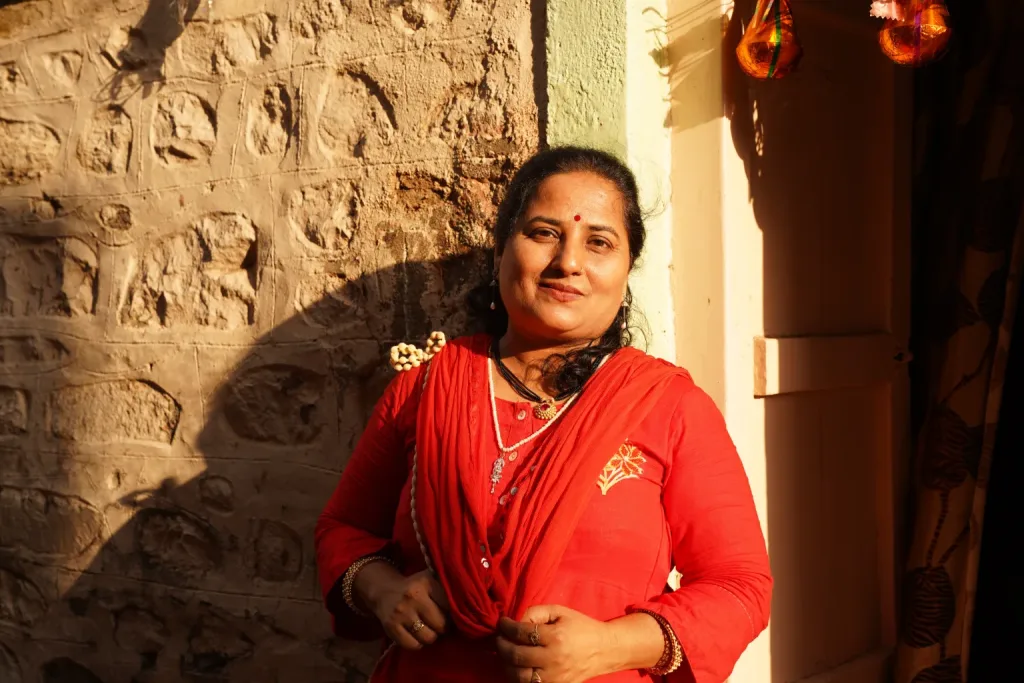
According to her, around 2015-16, an ASHA worker from Bhandara district had approached the Nagpur bench of Bombay High Court to be able to retain her elected post and continue working as an ASHA worker and the court had passed a verdict against her. Then again, in 2016-17, 14 ASHA workers from Kolhapur who had won elections had approached the Bombay High Court and the court delivered a verdict against them, referencing the earlier order. “These orders have been used to add pressure on ASHA workers to not contest elections,” Patil said.
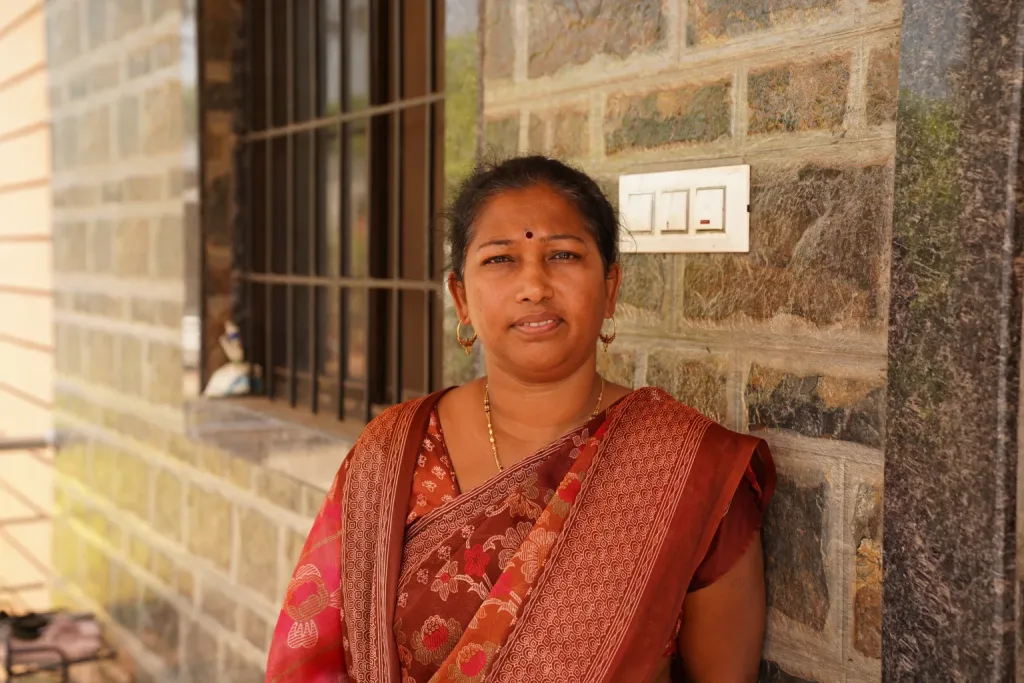
In Maharashtra’s Kaneriwadi, ASHA worker Deepali Kadam got elected as a ward member in 2018. Like Anita, she also received a letter stating that she will have to choose but she did not relent. “I asked people I knew but they told me I will have to choose,” said Kadam. “Then I contacted a lawyer and filed a writ petition but the court dismissed it. After a year, when I did not resign as a ward member, I was relieved as an ASHA worker.”
In hindsight, Kadam said she regrets not resigning from her elected post. “I worked for two months but stopped since I was not receiving any payment,” said Kadam. “If I could go back in time, I would choose to retain my job as an ASHA worker.” When asked if she would urge other ASHA workers to contest elections, Kadam said: “If joining politics means losing your income, then no one will do it.”
[Reporting for this story was supported by the Population Reference Bureau (PRB) as part of its Public Health Reporting Corps initiative.]
Our Newsletter
Subscribe to Our Newsletter
We believe everyone deserves equal access to accurate news. Support from our readers enables us to keep our journalism open and free for everyone, all over the world.
